Private results released on Monday showed that Asian factories, including China’s manufacturing sector, exhibited signs of a tentative recovery in August, with chip manufacturers benefiting from strong demand. However, economic challenges remain on the horizon. Analysts suggest that the potential slowdown in U.S. growth, likely leading to interest rate cuts by the Federal Reserve this month, and uncertainty surrounding the U.S. presidential election outcomes, heighten concerns regarding trade prospects.
On Monday, the Caixin/S&P Global manufacturing purchasing managers’ index (PMI) for China was released, showing an increase to 50.4 in August from 49.8 in July, surpassing analysts’ expectations and the 50 mark that separates growth from contraction. These results, which cover smaller export-oriented firms, present a more optimistic outlook compared to the official PMI results released on Saturday, which indicated a continued decline in manufacturing activity in August.
Factory activity also expanded in South Korea and Taiwan in August, while Japan saw a slower rate of contraction due to strong global demand for semiconductors. Japanese manufacturers benefited from a rebound in car production after a safety-related incident led to a temporary production suspension in some factories.
However, the results indicated a contraction in manufacturing activity in Malaysia and Indonesia, highlighting the struggles faced by some regional economies due to China’s prolonged economic slowdown.
Japan’s final manufacturing PMI reading, issued by au Jibun Bank, rose to 49.8 in August, marking the second consecutive month of contraction, but at a less severe rate than in July when the index stood at 49.1. South Korea’s PMI reading showed an increase to 51.9 in August from 51.4 in July, partly due to strong customer confidence and new orders in the domestic market.
The International Monetary Fund (IMF) anticipates a soft landing for Asian economies, allowing central banks room to ease monetary policies to support growth as inflation moderates. The IMF forecasts that growth in the region will slow from 5% in 2023 to 4.5% this year and 4.3% in 2025.






The other day, while I was at work, my cousin stole my apple ipad and tested to see if
it can survive a thirty foot drop, just so she can be a youtube
sensation. My apple ipad is now destroyed and she has 83 views.
I know this is completely off topic but I had to share it
with someone!!